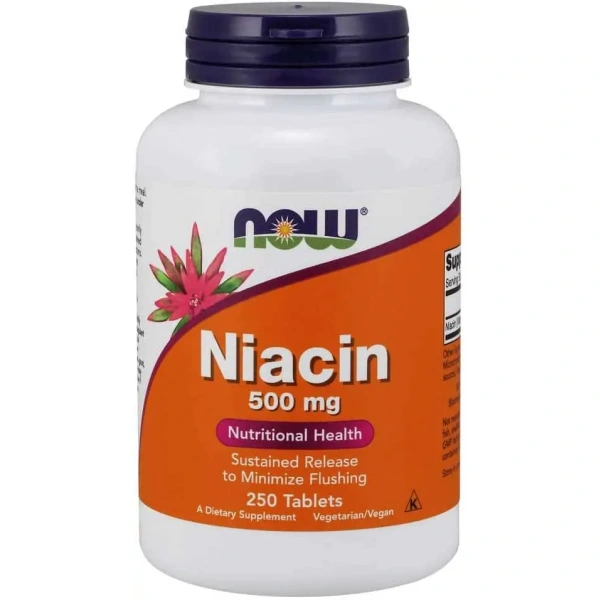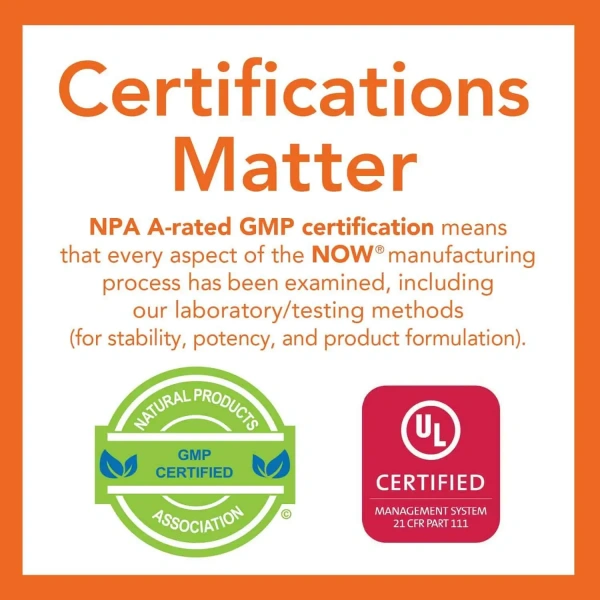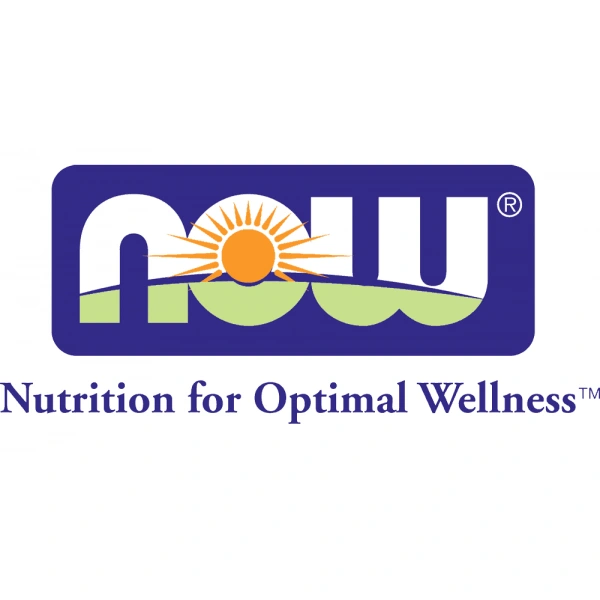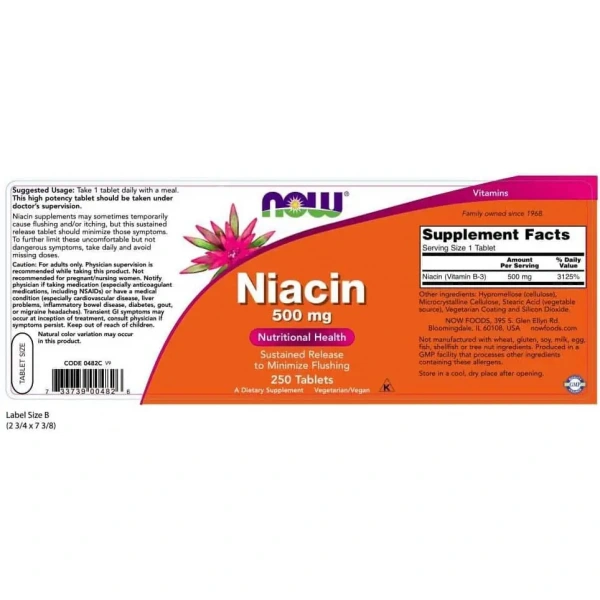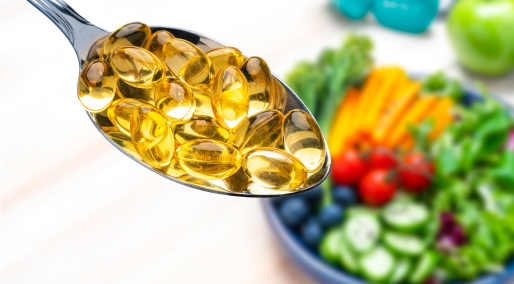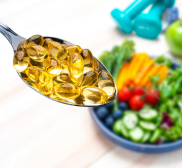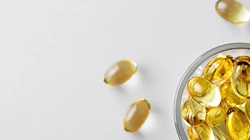- For the home
Health
- Bones and Joints
- Digestion and Healthy GI
- Essential Oils
- Fish Oil / Omega-3
- Healthy Sleep
- Heart and Cardiovascular System
- Immunity
- Liver
- MCT Oil
- Men
- Mind and Focus
- Minerals
- Pet Supplements
- Pro-Health Supplements
- Probiotics
- Senior
- Superfoods
- Urinary Tract
- Vitamins
- Vitamins for hair
- Vitamins for nails
- Vitamins for the skin
- Weight Management
- Woman
Healthy Diet
Herbs
Mother and Baby
Sport
Your Goal
Pet Supplements
Cosmetics
- Cosmetics for children
- Men's Cosmetics
- Unisex Cosmetics
- Women's Cosmetics
- Dezodoranty i perfumy
- Higiena jamy ustnej
- Kosmetyki akcesoria
- Kosmetyki dla dzieci2
- Kosmetyki do ciała
- Kosmetyki do higieny intymnej
- Kosmetyki do opalania
- Kosmetyki do pielęgnacji ust
- Kosmetyki do twarzy
- Kosmetyki do włosów
- Papier toaletowy / chusteczki
NOW FOODS Niacin 500mg (Niacin) Vitamin B3 250 Tablets
Available: 30 szt.
19,09 €
Price per portion: 0,08 €Available: 30 szt.
After purchase you will receive 78 pts
Product Details
- Description
- Dosage
- Ingredients Table
- About the brand
- Nutritional information
- Reviews (1)
- Articles
NIACIN, OR VITAMIN B3
Vitamin B3, like any vitamin has a number of properties that affect our body. The key, as in the case of many substances is the quantity, because both deficiency and excess can be an issue. In science you can meet with many terms for vitamin B3, including Niacin, vitamin PP or nicotinic acid. However, before we take action to prevent a deficiency or excess of vitamin B3, you should know what we are facing.
WHAT IS NIACIN?
Niacin is a chemical compound that, unlike other B vitamins, is synthesized by the body. Unfortunately, this process does not produce the amount of vitamin B3 that would allow the body to perform its basic functions or to prevent possible shortages. Therefore, it is effective to use appropriate supplementation, among others NOW FOODS Niacin tablets, which will supplement our body with the necessary amount. The basic task of niacin is to support the proper functioning of the brain and peripheral nervous system. It is also responsible for synthesizing other hormones in the human body, including cortisol, a responsible hormone, among others for the increase in blood glucose during stressful situations), insulin, ie the hormone playing a key role in the metabolism of carbohydrates, thyroxin, i.e. the hormone produced by the thyroid gland, but also sex hormones. Some scientists also believe that regular use of niacin improves mood, increases self-confidence, and even relieves anxiety, which justifies its use in the therapy of people with mental disorders. In addition, vitamin B3 is used to treat atherosclerosis, because it reduces the level of "bad" cholesterol (LDL) and triglycerides, while increasing the presence of HDL cholesterol, commonly referred to as "good cholesterol". Niacin has also anti-migraine properties and has a positive effect on the skin, because it fights acne.
To supplement the deficiency of niacin, it should be remembered that it can be found in many food products, i.e. meat, fish, cereal products, dairy products, potatoes, legumes, milk and deciduous plants, and even small amounts can be found in coffee or tea .
SYMPTOMS OF NIACINE'S DEFICIENCY
As in the case of many diseases, the most important is the diagnosis, which generally speaking says what is wrong with us. Many cases may indicate a niacin's deficiency. It is generally assumed that niacin deficiency occurs in people who use a very low calorie or unhealthy diet, in the elderly, in those abusing alcohol or sugar in the diet, or people suffering from impaired absorption of the intestinal and renal tryptophan. The symptoms that can be seen with the naked eye include redness and roughness of the skin in exposed areas, blisters on the skin, peeling of the skin and skin thickening, inflammation of the mouth and tongue, diarrhea, neuritis, nervous system disorders or mental disorders such as apathy or depression. It should be remembered that the occurrence of any of those symptom does not give a hundred percent guarantee, therefore it is necessary to conduct appropriate tests. The most common, and thus also effective, research to determine the deficiency of vitamin B3, is the urine test, which allows to clear up any doubts.
EFFECTS OF NIACIN'S DEFICIENCY
Niacin deficiency in large quantities can lead to severe disease, which is called pelagra called Lombard erythema. This is the most serious effect of vitamin B3 deficiency, because untreated pellagra, i.e. Latin. rough skin, can lead to perhaps even death. However, this disease occurs mainly in Asian countries such as China, India and in African countries where hunger is very common. The symptoms of pelagra include dermatitis in the form of redness or discoloration, roughness or appearing in the area of the face and hands of blisters, and also the occurrence of diarrhea, vomiting, constipation. What's more, drowsiness, general weakness of the body, tendency to aggression, insomnia and ataxia, i.e. disorder of motor coordination, can also indicate poulagra. On the other hand, small deficiencies of vitamin B3 result primarily in a slower metabolism, which may cause a person suffering from a deficiency to feel continuously cold.
EXCESS OF VITAMIN B3
Not only a deficiency, but also an excess of vitamins can cause harmful effects to our body. We talk about the excess of niacin when the daily dose used exceeds 35 mg of niacin. The effect of excess will be itching, redness and drying of the skin. Rash, as well as the appearance of nausea, aching abdominal pain, and even hyperglycaemia or arrhythmia is also possible.
Dosage
Serving Size: 1 Tablet
Servings per Container: 250
Form: Tablets
Other ingredients
Gelatin (capsule), Cellulose, Silica and Magnesium Stearate (vegetable source).
Not manufactured with wheat, gluten, soy, milk, egg, fish, shellfish or tree nut ingredients. Produced in a GMP facility that processes other ingredients containing these allergens.
Their wide range of merchandise includes products that support the musculoskeletal system, cosmetics for the face and body, various aromatherapy essential oils, and healthy foods. Interestingly, Now Foods also offers products for pets, with a focus on dogs and cats.
Experience the benefits of Now Foods' expertise and dedication to promoting a healthier lifestyle for you and your pets. Explore their diverse product line and take a step towards enhancing your overall well-being.
Cannot be used as a substitute of a healthy and balanced diet.
Not to be used by pregnant or nursing women.
Do not exceed recommended dosage per day.
Keep out of reach of children.
Best before: date on the package
All descriptions are the property of the www.mass-zone.eu. Copying or distribution is strictly prohibited! As per the Copyright Act from February 4th, 1994.
NOW FOODS 395 S. GLEN ELLYN RD., BLOOMINGDALE, IL 60108, USA.
Very strong Niacin with great results
We make every effort to ensure that reviews come from customers who have used or purchased the product. Reviews are collected, verified, and published according to the rules described in the store's terms and conditions.
